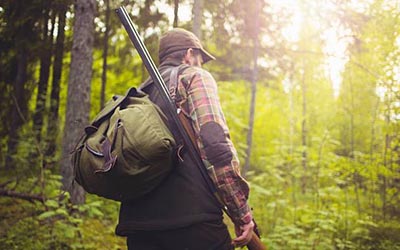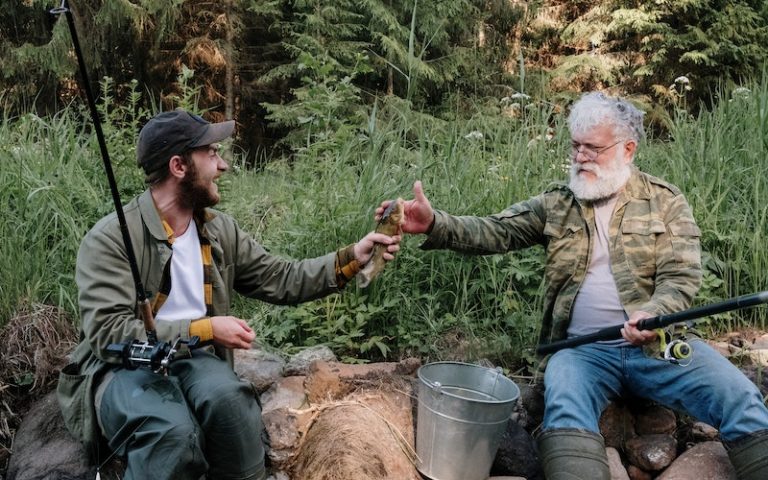
A hunting lease is an agreement between a landowner and a hunter or group of hunters that grants them exclusive rights to hunt on a specific property for a defined period. The landowner, who may own large tracts of land, leases the hunting rights to individuals or hunting clubs in exchange for a fee.
How Hunting Leases Work
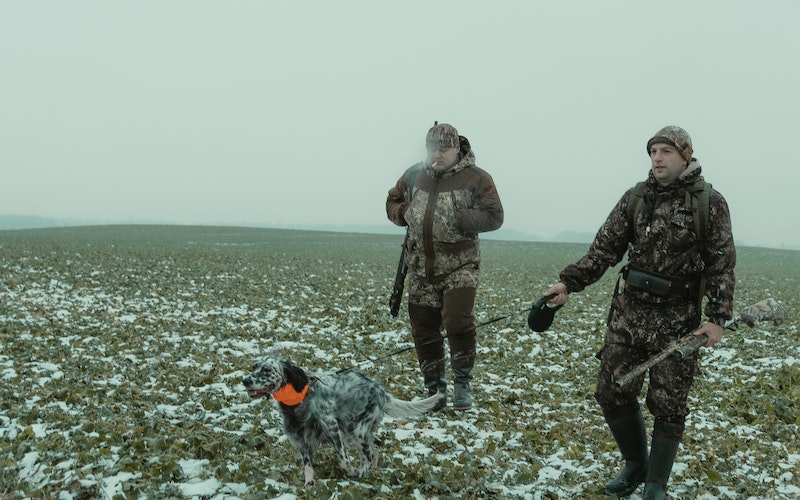
Hunting leases work through a contractual agreement between a landowner and a hunter or group of hunters. The process generally involves the following steps:
- Identifying Potential Lease Opportunities: Hunters or hunting clubs interested in accessing private land for hunting will search for landowners willing to lease their property. This can be done through personal connections, hunting forums, advertisements, or by contacting local landowners directly.
- Negotiating Terms: Once a landowner is interested in leasing their property for hunting, both parties negotiate the terms of the lease. Key points of negotiation include the duration of the lease, the allowed hunting activities, the number of hunters permitted, the lease fee, and any additional rules or requirements.
- Drafting the Lease Agreement: After reaching an agreement, a written lease contract is drafted. This document outlines all the terms and conditions agreed upon by both the landowner and the hunters. It is crucial to have a clear and legally binding contract to avoid any misunderstandings or disputes during the lease period.
- Paying the Lease Fee: Hunters typically pay the landowner a fee for the privilege of hunting on their property. The lease fee can vary depending on factors like the size of the property, the quality of hunting opportunities, and local market rates. Some leases may require a one-time payment, while others may involve periodic payments.
- Adhering to Rules and Regulations: The lease agreement will specify any rules or regulations that hunters must follow while on the property. This may include hunting seasons, bag limits, safety guidelines, designated hunting areas, and restrictions on camping or other activities.
- Accessing the Property: Once the lease is in effect, the hunters gain exclusive access to the leased land for the specified hunting activities during the agreed-upon timeframe. It’s essential for hunters to respect the land and follow all the rules set forth in the lease agreement.
- Wildlife and Habitat Management: Some hunting leases may include provisions for wildlife and habitat management. This might involve practices like food plot establishment, wildlife population monitoring, and habitat conservation efforts to ensure the sustainability of the hunting opportunities.
- Renewal or Termination: At the end of the lease period, both parties may decide to renew the lease for another term or terminate the agreement. If there are any issues or breaches of the contract during the lease period, it could lead to non-renewal or early termination.
How Is It Different From Hunting License?
A hunting lease is a contractual agreement between a private landowner and hunters or hunting clubs. The lease grants the hunters exclusive rights to hunt on the landowner’s private property for a specific period, as outlined in the lease agreement.
The lease only applies to the specific property covered in the agreement and does not grant any hunting rights on other properties or public lands.
A state hunting license on the other hand is a legal authorization issued by the state wildlife agency that allows an individual to hunt within the boundaries of that state.
The state hunting license is not tied to any specific property and allows hunters to participate in hunting activities on public lands and private lands (with permission from the landowners) throughout the state.
Whether you are hunting on private property or public state property, you do need a hunting license in order to use hunting gear such as guns.
Benefits of Hunting Leases
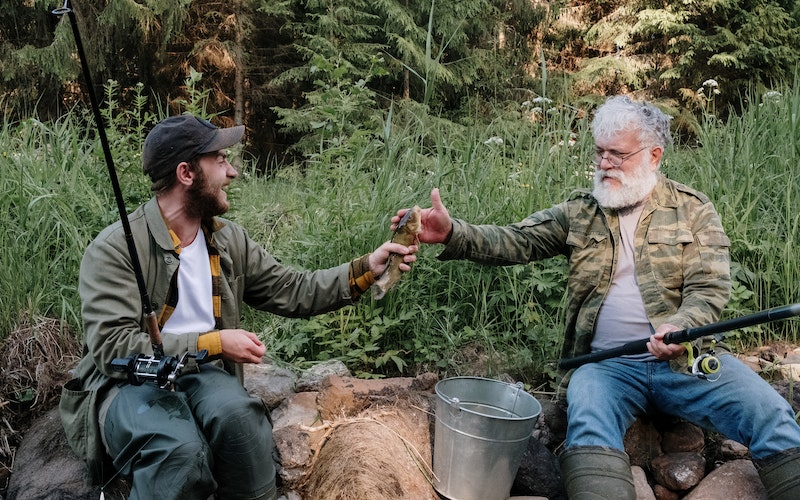
While hunting is sometimes seen as a bad thing by people, hunting can in fact be beneficial for the eco-system and the environment when done right.
Wildlife and Habitat Management
Many hunting leases include provisions for wildlife and habitat management. Landowners and hunters work together to implement conservation practices such as creating food plots, managing timber stands, and controlling invasive species.
Supporting Land Conservation
By participating in hunting leases, hunters contribute to land conservation efforts. The lease fees collected by landowners may be reinvested in conservation and habitat improvement initiatives.
Privacy and Security
Hunting leases offer a level of privacy and security to hunters.
Hunting leases typically limit the number of hunters allowed on the property. This controlled access helps reduce hunting pressure and overcrowding, leading to a more enjoyable and safer hunting experience for those who lease the land.
Reduced Wildlife Damage
By allowing hunting on their property, landowners can help manage wildlife populations. This can be especially beneficial in areas where deer or other animals cause damage to crops, gardens, or landscaping.
Where To Find Hunting Leases
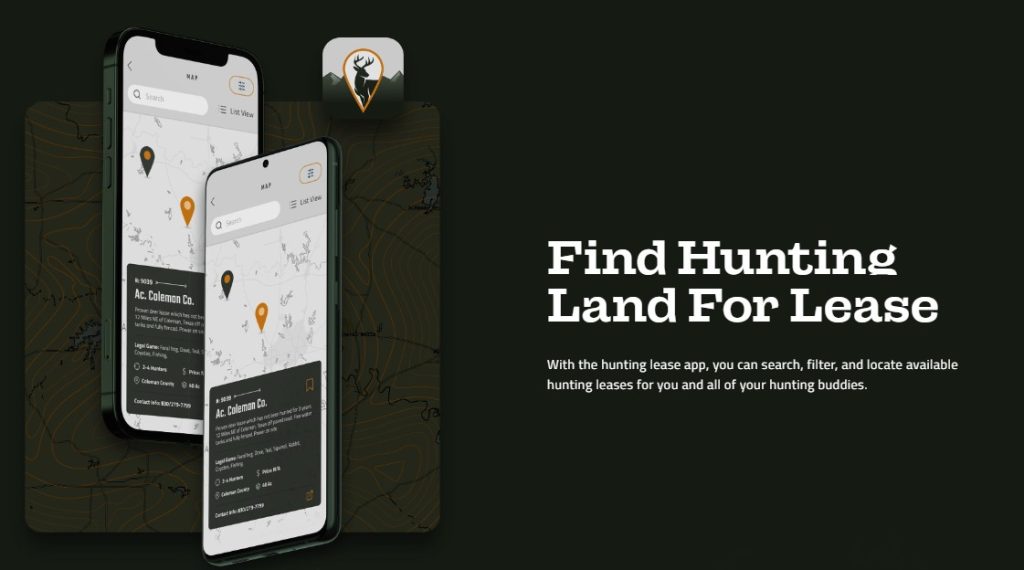
Are you an enthusiastic hunter looking for exclusive and prime hunting opportunities on private lands?
The Hunting Lease App is a user-friendly and powerful platform designed to connect hunters with landowners offering hunting lease opportunities. Whether you’re a seasoned hunter seeking new hunting grounds or a beginner looking to experience the thrill of private land hunting, this app has got you covered.

